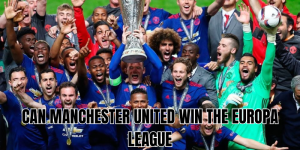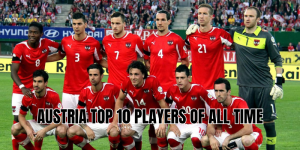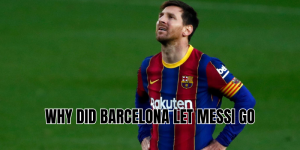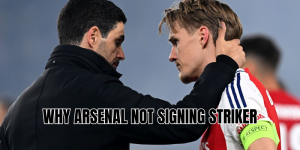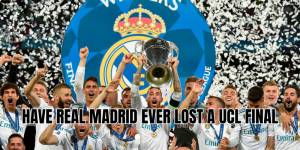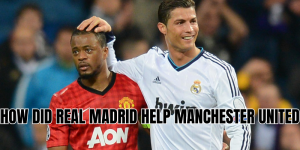Cristiano Ronaldo’s departure. Why Juventus sold Ronaldo isn’t explained by just one reason — it was a mix of financial pressure, sporting dynamics, Ronaldo’s own wishes, and club strategy. FreeKickSEO digs into the heart of what drove the decision, what it cost Juve, and what followed.
What the move was officially
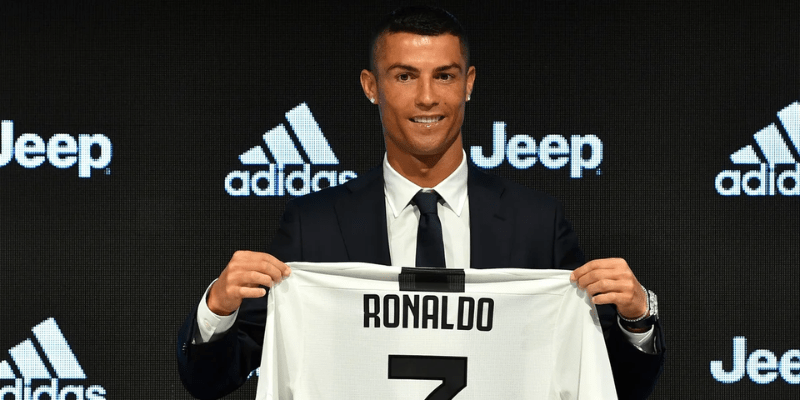
- Juventus confirmed that Ronaldo was sold to Manchester United in late August 2021.
- The transfer fee was €15 million, payable over five years, with add-ons that could raise it by up to €8 million based on performance criteria.
- Ronaldo had one year remaining on his contract with Juventus at the time.
Multiple reasons Juventus decided to sell Ronaldo
Here are the key factors that pushed Juve toward selling one of football’s greatest:
Financial strain and risk
- Huge acquisition cost & wages
- Signing Ronaldo in 2018 cost Juventus about €100-€117 million, and his salary was massive. That kind of financial commitment strained the club, especially as wages ate up a large portion of the budget.
- **Financial Fair Play pressures and losses
- Juventus were under pressure to comply with UEFA’s and domestic financial regulations. With revenue impacted, losses mounted. Selling Ronaldo helped reduce one big outgoing cost.
- Deferred payments and accounting complications
- During the COVID-19 pandemic, some wage payments were deferred or reportedly handled under off-books arrangements. Juventus later had legal/financial complications regarding undisclosed arrangements with players and Ronaldo’s wages.
Sporting dynamics
- Goals vs overall team performance
- Ronaldo still scored plenty of goals for Juventus (over 100 across all competitions in his time there). But winning the UEFA Champions League — one of the main motivations behind his signing — kept eluding them. The club’s defensive and midfield weaknesses became more exposed.
- Aging squad & strategic reset
- Some key areas of the squad were aging (defense, midfield). Even with Ronaldo performing, Juventus needed to think long-term about rebuilding, not just riding on a star. Letting him go allowed room (both budgetary and tactical) for a refresh.
- Player’s own wishes
- It’s reported Ronaldo expressed his desire to leave, indicating he no longer saw Juventus as his future. He communicated this to manager Massimiliano Allegri, and the club ultimately accepted.
Transfer market & opportunity
- Manchester United offered a way out. Even though the transfer fee was modest compared to what they might ideally want for a player like Ronaldo, the deal reduced Juventus’ burden and allowed mutual good-will.
- There were hints that other big clubs might have been interested, but the financials (fee + wage demands + age of player) made things less attractive. Juventus leveraged what they could given Ronaldo was 36 at the time.
What Juventus gained and what they lost
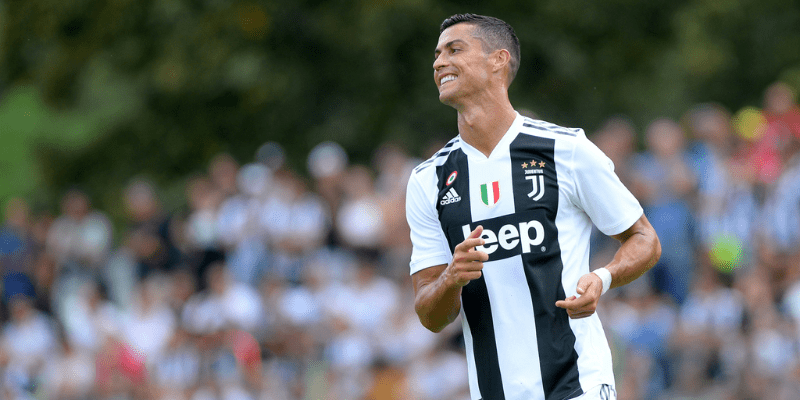
Understanding the trade-offs is key:
- ✅ Gained financial relief — removing one of their highest wage burdens, improving cash flow, easing pressure under Financial Fair Play.
- ✅ Some respect and branding preserved — Ronaldo’s presence had brought commercial windfalls: shirt sales, sponsorships, global visibility. Even leaving, he left behind value.
- ❌ Lost a proven goalscorer — his goal return was still high. Finding someone who can produce reliably is never easy.
- ❌ Missed ambition moment — the dream of winning the Champions League during Ronaldo’s peak Italian years remained unfulfilled.
Did Juventus “lose” by letting him go?
That depends on what you measure:
- If success is Champions League glory, then yes, they lost a chance.
- If success is balancing books and sustaining competitiveness in Serie A, then selling him was arguably necessary.
- Also, their identity: Ronaldo was a focal point, a face of modern Juve. His exit forced them to think differently, invest in younger players, and manage expectations.
Key statistics & facts
- Goals scored at Juve: ~101 goals in ~134 appearances.
- Serie A titles during his stint: 2.
- Financial loss for Juventus in 2020: over €200 million. That made cost cuts (including high player wages) more urgent.
What happened after
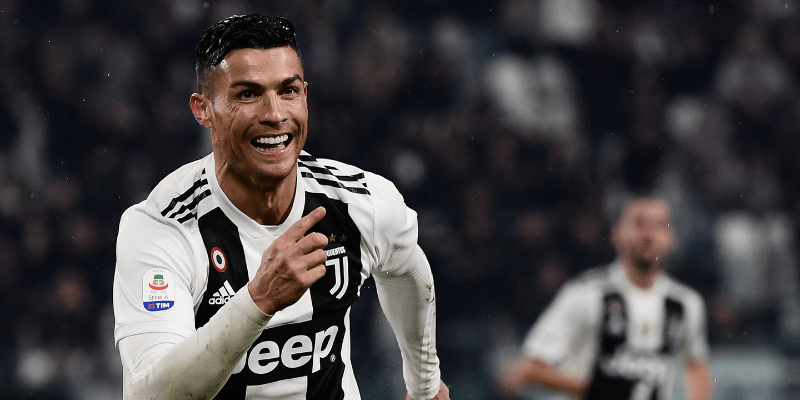
- Ronaldo rejoined Manchester United on a two-year contract (with option). on).
- Juventus continued to have financial and sporting instability; subsequent seasons saw them struggle in the Champions League, domestic cups, and their dominance in Serie A weakened.
Conclusion
Why Juventus sold Ronaldo was never a simple question of “he didn’t perform” or “wanted too much money.” It was a convergence of several intense pressures: financial constraints (especially under COVID-19), performance expectations unfulfilled (especially in Europe), Ronaldo’s own desire to move, and Juventus needing to adapt strategy.
If you’re a fan, the move felt bittersweet. Juventus lost a superstar, but keeping him longer risked dee. Selling him was painful — but perhaps necessary. For those who live and breathe the excitement where sports and entertainment collide, dive deeper into the action and never miss a beat by exploring the exclusive content waiting for you on FreeKickSEO.

